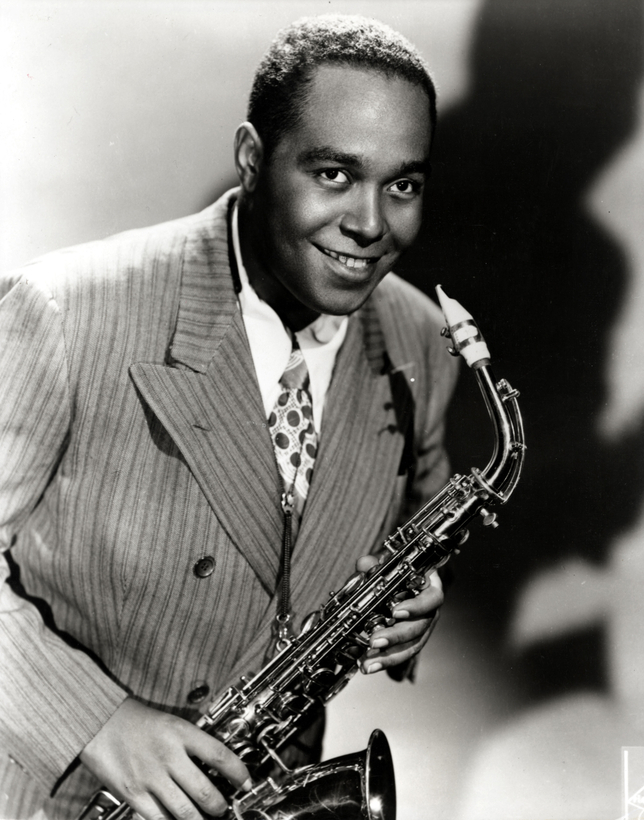What Kinda Bird Is This? While it may sound like a wise-guy challenger to Peterson’s field guide, this is in fact a lively new release by drummer Eric Ineke and saxophonist Tineke Postma, one of many homages to the jazz titan Charlie Parker—better known as Bird—on the 100th anniversary of his birth. Prompted, we ponder some answers. A seagull of insatiable lusts and shrill, inconsolable keening? A phoenix rising from the ashes of early abashment (Jo Jones hurling a cymbal, dashing his errant solo) to soar as master of the alto saxophone, magus of bebop, and one of the great musicians of the 20th century? A nightingale half in love with squalid death, equally lavish with syrinx and syringe? A Buddha bird, as Kerouac would have it, tootling—even now—that all is well? A skylark—no, stop right there: for all Parker’s blithe, purling impromptus, his art was premeditated, and with a single-mindedness verging on the murderous.
“Yardbird” was his full nickname, earned on the principle that we are what we eat. (Bandleader Jay McShann, recalling a trip to Nebraska in 1941: “He said, ‘Slow down, man, I think you hit this yardbird.’ … Bird put the yardbird in the backseat with him, and took it on into Lincoln. [The landlady] fixed it up and made him a nice dinner.”) This merging of the lofty and the hardscrabble may help explain why an artist who played instrumental music that was defiantly avant-garde in harmony, rhythm, and what Jacques Barzun would call “melos”—the very contour of its tunes—was also a pop star.

